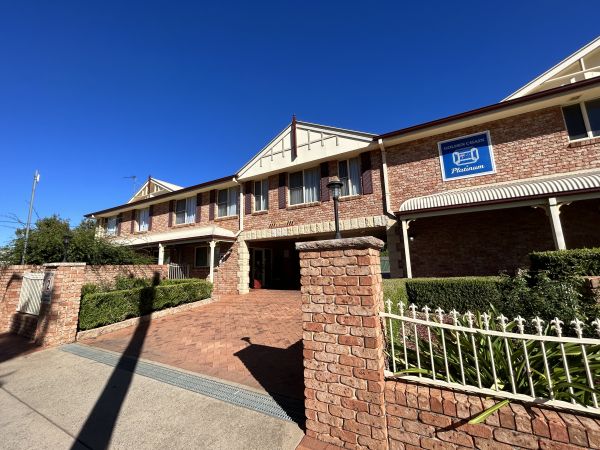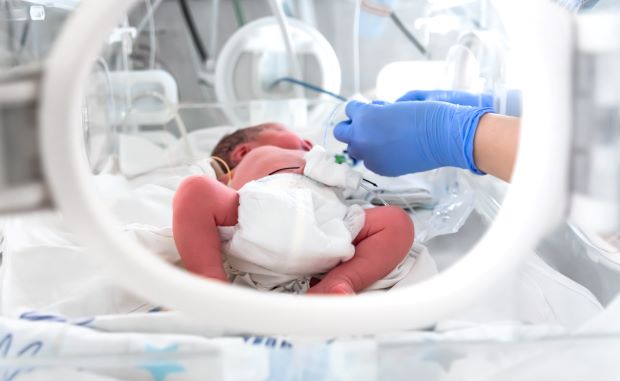Parents are being reminded of the importance of keeping their child’s vaccinations up to date to protect them against infectious diseases during their vulnerable years of life.
Council is continuing to operate its immunisation service to ensure the community is protected from vaccine preventable diseases, while working within the confines of COVID-19 health and safety measures.
Families in Maroondah can access vaccines at no cost to protect babies and children against infectious diseases as part of the National Immunisation Program (NIP). Immunisation sessions cover the immunisation schedule for babies and children aged between six weeks and four years, as well as for adolescents and adults.
Victorian Government legislation (No Jab, No Play) requires all children to be fully vaccinated to be enrolled for childcare and kindergarten, unless they have a medical exemption.
Immunisation is the best defence against the return of highly contagious diseases such as polio, rubella and whooping cough, which has shown a resurgence in recent years.
Until Saturday 31 October, all Council immunisation sessions will be held at:
- Karralyka, Mines Road, Ringwood East
- Croydon Senior Citizens Club, corner Mount Dandenong Road and Civic Square, Croydon
- Maroondah Federation Estate
To attend a session, you must book an appointment online for the venue of your choice. Appointment times have also been extended to ensure appropriate social distancing is maintained between attendees.
Council’s immunisation service has a full Quality Systems accreditation in compliance with AS/NZS iSO 9001. Families can feel confident attending Council’s immunisation sessions during the COVID-19 pandemic, with all appropriate safety processes and measures in place including social distancing, additional disinfecting between clients, and hand hygiene and temperature checks upon entry.
Before arriving at a Council immunisation session, residents are advised to follow an important health safety checklist.
Latest immunisation rates for Maroondah
Latest figures from the Australian Childhood Immunisation Register shows 96.04 per cent of one-year-olds (12-15 months) in Maroondah are fully immunised, with vaccination rates higher than the previous year (94.83%), and above the current state (94.94%) and national (94.60%) averages. (Figures 1 July 2019 – 30 June 2020)
Maroondah immunisation rates for children aged two years (24-27 months) are also higher than the national average (91.68%) at 91.95 per cent, but slightly lower than the state average (92.28%). The figure is also down on the previous year, 92.58 per cent from 1 July 2018 to 30 June 2019.
Children aged five years (60-63 months) also had a higher coverage rate in Maroondah, at 95.86 per cent, when compared to both the state (95.75%) and national (94.77%) averages, however, was down on the previous year’s 96.54 per cent.
Families delaying important routine vaccinations
The latest findings from The Royal Children’s Hospital National Health Poll has found that families are putting off important routine childhood immunisations during the COVID-19 pandemic.
The RCH National Child Health Poll revealed that of the more than 2000 Australian parents of 3500 children surveyed, one in five children aged under five had a routine vaccine delayed since the start of the pandemic in March.
Poll Director and paediatrician at the Royal Children’s Hospital Dr Anthea Rhodes said that keeping up to date with vaccinations is essential, even during the pandemic.
“For most parents, we found that concerns about their child or themselves catching COVID-19 at a health service are driving their choice to delay scheduled vaccinations. The day-to-day stresses families have faced through this challenging time has also been a factor, with a quarter putting off appointments because they had too much else to worry about,” Dr Rhodes said in a statement.
Dr Rhodes said it was important for parents to realise that if vaccinations were not kept up to date, children would be at risk of contracting diseases such as whooping cough, measles and chickenpox when they returned to school and child care.








